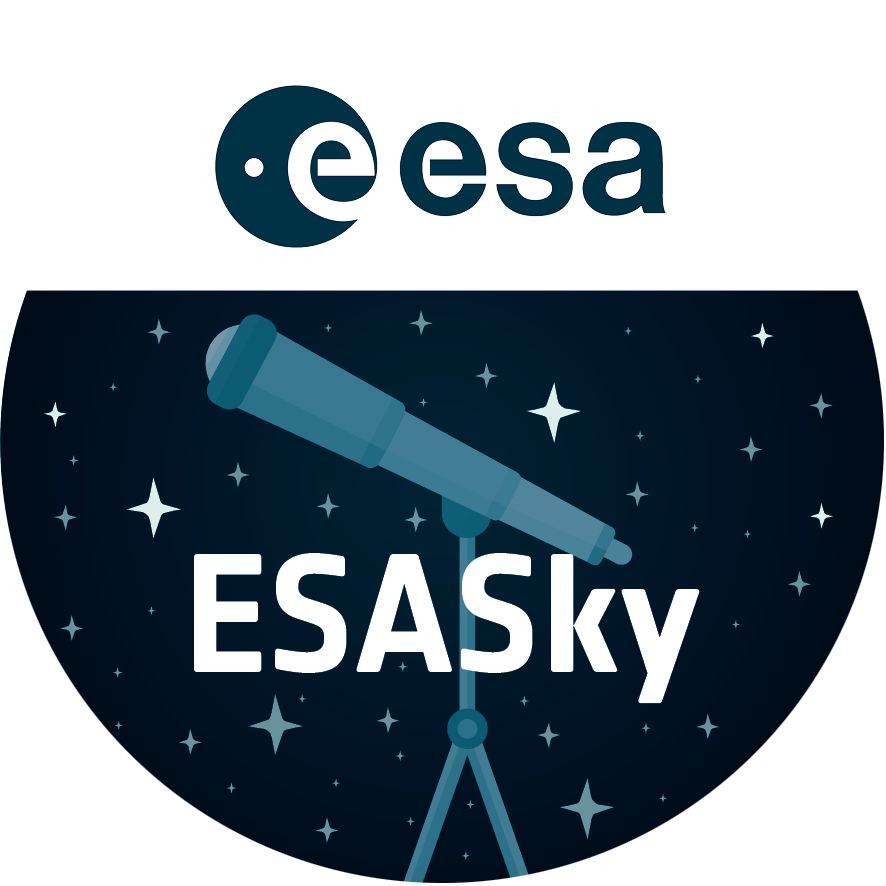The Cat's Eye Nebula
This NASA/ESA Hubble Space Telescope image shows one of the most complex planetary nebulae ever seen, NGC 6543, nicknamed the "Cat's Eye Nebula." Hubble reveals surprisingly intricate structures including concentric gas shells, jets of high-speed gas and unusual shock-induced knots of gas. Estimated to be 1,000 years old, the nebula is a visual "fossil record" of the dynamics and late evolution of a dying star.
This Hubble Space Telescope image shows one of the most complex planetary nebulae ever seen, NGC 6543, nicknamed the 'Cat's Eye Nebula.' Hubble reveals surprisingly intricate structures including concentric gas shells, jets of high-speed gas and unusual shock-induced knots of gas. Estimated to be 1,000 years old, the nebula is a visual 'fossil record' of the dynamics and late evolution of a dying star.
Credit:About the Image
About the Object
| Name: | Cat's Eye Nebula, NGC 6543 |
| Type: | Milky Way : Nebula : Type : Planetary Milky Way : Nebula : Type : Jet |
| Distance: | 3000 light years |
| Constellation: | Draco |
| Category: | Nebulae |
Wallpapers
Coordinates
| Position (RA): | 17 58 33.29 |
| Position (Dec): | 66° 37' 58.63" |
| Field of view: | 0.57 x 0.56 arcminutes |
| Orientation: | North is 139.1° right of vertical |
Colours & filters
| Band | Wavelength | Telescope |
|---|---|---|
| Optical H-alpha | 656 nm |
Hubble Space Telescope
WFPC2 |
| Optical OI | 630 nm |
Hubble Space Telescope
WFPC2 |
| Optical NII | 658 nm |
Hubble Space Telescope
WFPC2 |


